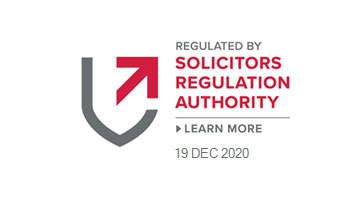Working from home and hybrid working are now commonplace – even more so due to the Covid-19 pandemic. Consequently, there has been significant rise in the use of electronic contracts and e-signatures. In a commercial world where physical contact and use of physical documentation have been so restricted this is unsurprising. But electronic execution of contracts that create significant legal obligations is not without risk. E-signing may be a quick and simple process. But it’s important to remember that the e-contract you sign is governed by the same rules of interpretation as more traditional forms of contract.
What Is An E-Signature?
In England, the Law Commission has confirmed the validity of e-signatures to execute most kinds of documents, and the English Law Society has published a helpful Practice Note note. The note highlights that they can take several forms, including when someone:
- Electronically pastes their signature into an electronic version of the contract in the appropriate place
- Types their name into a contract or into an email containing the terms of a contract
- Accesses a contract through a web-based e-signature platform and clicks to have their name in a typed or handwriting font automatically inserted into the contract in the appropriate place
- Uses a finger, light pen or stylus and a touchscreen to write their name electronically in the appropriate place in the contract
E-Signing: What Are The Risks?
E-contracts are convenient and increasingly have the approval of judicial authorities and industry bodies, however they are not without risk. Here are some of the main risks associated with e-signatures on commercial contracts:
- The existence of the contract is denied because a third party or one party to the contract argues that an e-signature isn’t a valid way of executing a contract – in our view this is a very low risk. The courts have already decided that e-signatures are valid. As with any contact, existence depends on the intention of the parties.
- One side says it doesn’t actually sign the contract – that e-signature was made by someone else fraudulently. It’s essential for each side to carry out checks on who is signing for the other side, and to confirm that they have authority to do so. It’s common for businesses to delegate authority for signing documents.
If you require advice on the validity of your contract, would like to bring a claim against a contracting party, or need drafting services, then call us today on 0121 268 3208 or send us an email at info@onyxsolicitors.com with your query and we will get back to you.





